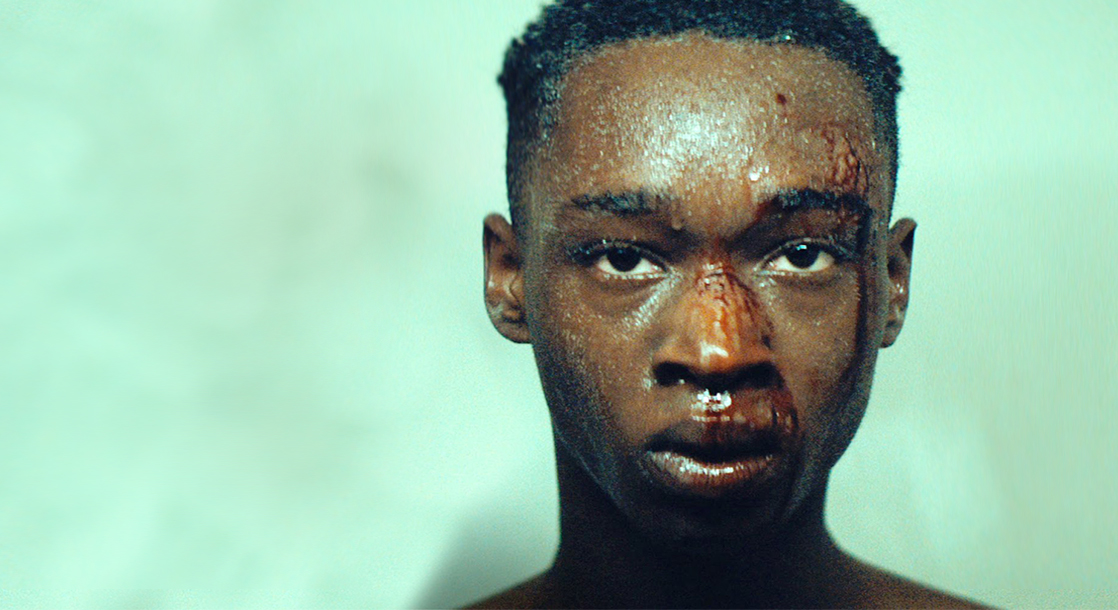Moonlight is a beautiful movie. This is indisputable. In terms of color, the movie is full of scenes that are bright and bold without also being oversaturated or unrealistic. They emphasize the color of a moment in a believable way, as if this color wasn’t cultivated, wasn’t deliberately placed before our eyes–instead, it is a kind of color that looks like it belongs in the world. There is, however, a special emphasis on the color blue, with a multitude of scenes throughout the movie highlighted by it.

Beyond color, Moonlight’s visuals also stand out because of the bold cinematography. From the dizzying opening scene that has the camera spinning on an axis and takes viewers in a whirl around the ghetto as two characters carry a conversation, to a later scene where the camera follows one character on his march around the school yard, deliberately concealing the true nature of the scene until it pans back but still building tension, every shot of this movie is clearly, carefully set. A scene is not dictated only by the action and dialogue of the characters but also by the framework–and here, the framework is itself a masterpiece.
Moonlight is divided into three parts, each corresponding to a different name of the main character, and thus a different period in his life. Each thus has distinctive themes and overtones, but the true beauty of the film is how they interweave together to create a story that is connected, almost obvious, yet still persistently, consistently tragic. Viewers watch as the protagonist of the film follows a path thrust upon him by the forces which surround and entangle him. What makes the movie remarkable, however, is how we don’t see it like that exactly. We don’t look at this character as a victim to a collusion of forces and wills; we don’t see him as someone with the odds slated against him (though they are); we see only the life he leads, one singular life, and though in the aftermath it is obvious how his life was destiny, as we watch it, the moments remain individual. There is no will he won’t he in regards to whether he will be able to escape “the life,” but there are little will he won’t he moments, there are questions of words and kisses, of fists and money. Due to this, the tragedy of Moonlight is grand, but not artificial, not needless, not overblown.

The movie is still playing at the Michigan Theater. Student tickets are $8.


